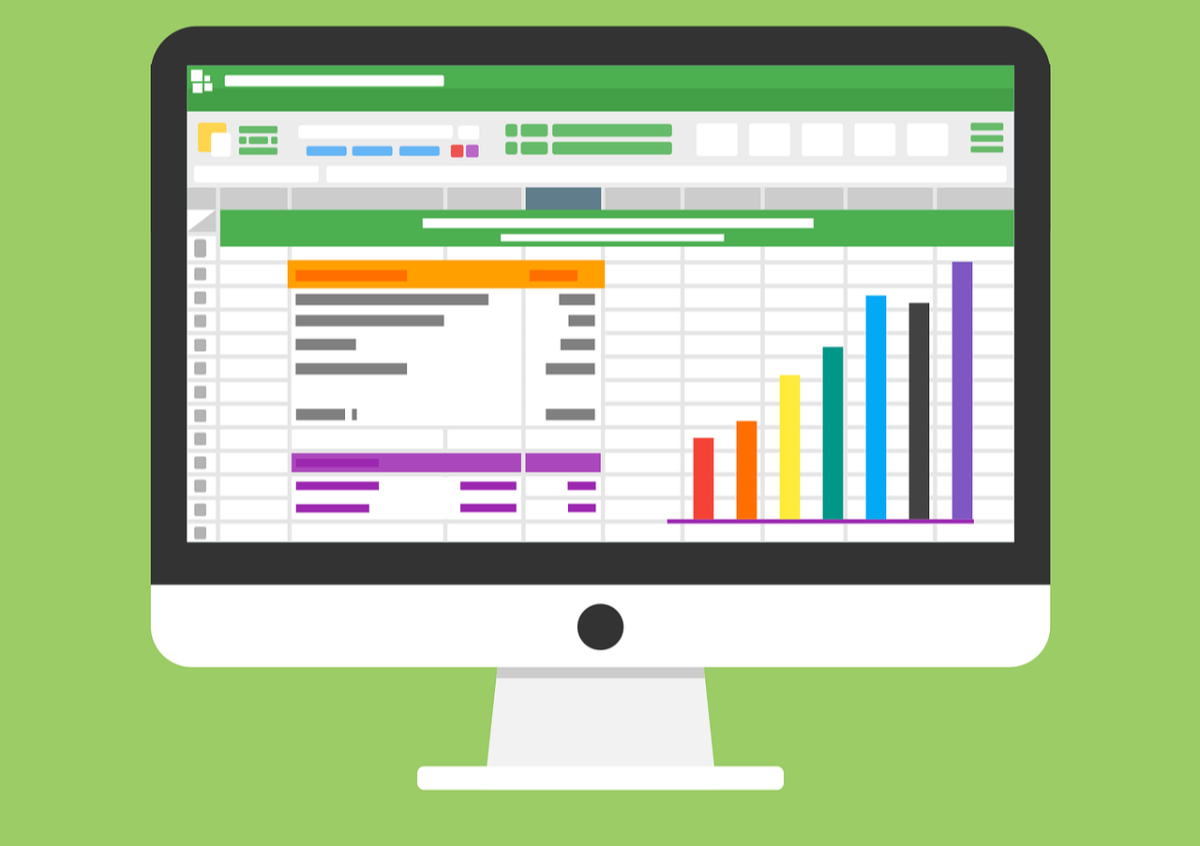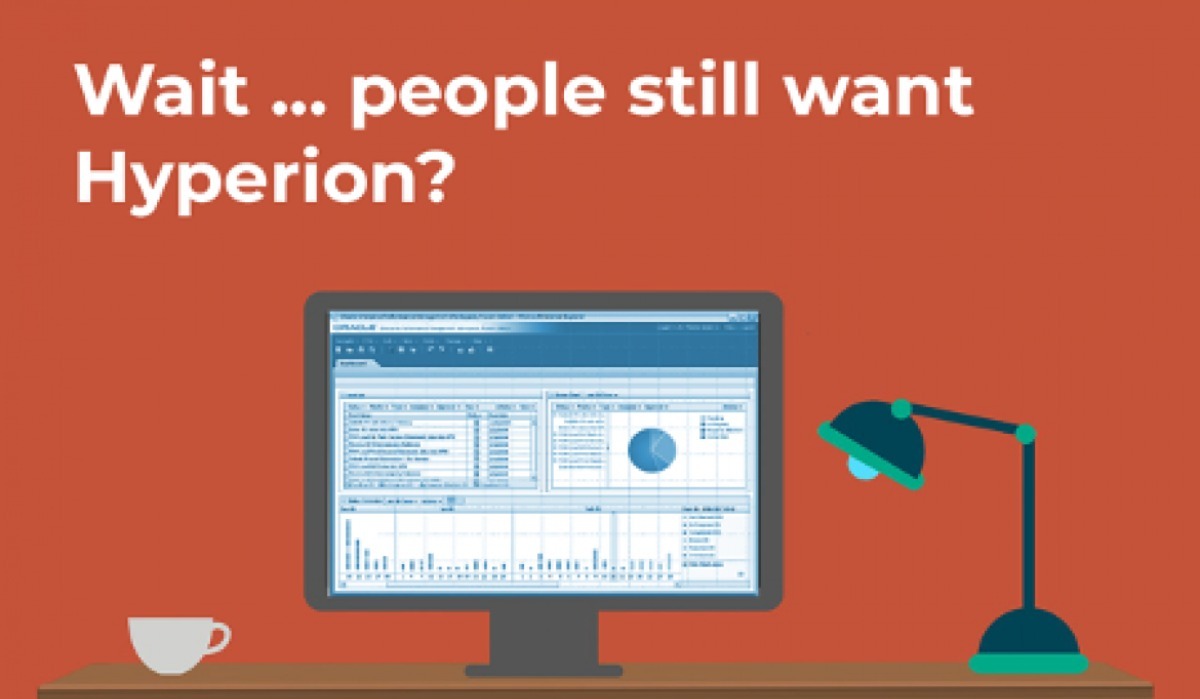
Are you in control of your account reconciliations?
When preparing for a finance transformation initiative, optimising the account reconciliations process should be high on the agenda, as they play a crucial role in maintaining accurate financial records and ensuring the integrity of business operations
Yet, with ever growing quantities of data in GLs and multiple sub-ledgers across business divisions (often sitting in disparate legacy systems) account reconciliation challenges are mounting, and so is the frustration across Finance teams.
Relying on legacy applications like Excel for this critical task can lead to manual errors, inefficiencies, and limited visibility. With this increased amount of financial data that needs managing and governing, the solution lies in streamlining processes and embracing automation through cloud-based solutions.
Imagine …
The boost of confidence a more efficient account reconciliations process could give your Finance team when reporting on actual balance sheets, and the time and money saved by moving away from endless spreadsheets to a more insightful and accurate reporting cycle, which would also bring greater value to the business itself.
- Criteria-based Auto Reconciliation – Allows Recs to auto reconcile based on Balance & Activity thresholds or Risk, reducing the overhead on users.
- Mass actions (Approval) – Allow approvers to filter and mass approve in batches, reducing the time of the approval processes.
- Speed - Reconciliation balances are immediately available on load of Trial Balance.
- Optimised Updates - Reconciliation balances via a Task Scheduler e.g. overnight, so Recs are available to work on when users log in.
- Consistency – Use of centrally maintained Excel templates provides standard capture and presentation of reconciliation data.
- Email alerts – Instant alerts to inform users if the status of Rec has changed and if action is required.
- Direct source access – Validate reconciliation balances to other sources of data, such as subledgers, with ability to drill back to the source of that data straight from a Rec.
- Advanced Risk Management/Mitigation – With a clearer statistical picture of your financial reports, risks can be indentified quicker and responded to in a more agile manner.
Rethink …
Evolving your account reconciliations process also means thinking outside the Finance Function box. Using Excel as a comfort blanket for validating reported results introduces the risk of error, dependencies on spreadsheet owners, and a maintenance overhead that can extend close cycles, delaying sign off and the delivery of final reports to internal and external stakeholders.
Choosing to integrate the account reconciliations process into a financial close cycle offers multiple benefits, enabling close-based activities and reconciliations to take place in parallel rather than in sequence, speeding the release of auditable results.
An integrated platform solution can also provide Finance with a scalable reporting process that helps automate the close and offers many wider benefits.
Visibility
- Central repository vs offline spreadsheets or files dispersed across multiple folders.
- Status of reconciliations (in process, complete, approved).
- Aging of balances.
- Categorisation by risk.
- Multi-layer drill backs.
- Standardised global matrix.
Volume & Speed
- Standard controls.
- Providing confidence controls being met across the company.
- Standard reconciliation formats.
- Aids approvers and reviewers.
Reengineer…
Financial controllers are data stewards - the bards of ‘data truth’ - so to speak. Modern CPM solutions present an opportunity to transform processes, optimise efficiency and introduce transparency and controls.
Historically, account reconciliations have often been performed in isolation as a standalone set of checks and balances. When integrated with the wider reporting platform, the automation of recurring reconciliations frees up your team to spend time on value-add insights, while shortening the close.
Learn more about how we have helped our customers to harmonise their account reconciliations process and speed up their financial close.
Solutions
Services
Company
Contact Us
Innovation Centre 7
Keele Science Park,
Keele, Staffordshire ST5 5NL
+44 (0)203 411 0140
info@concentricsolutions.com



